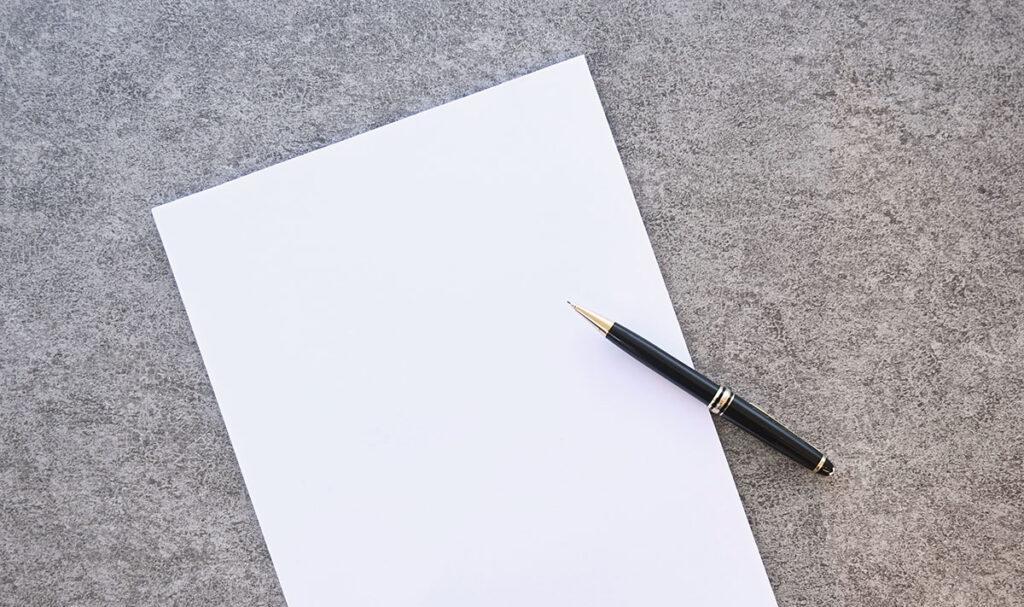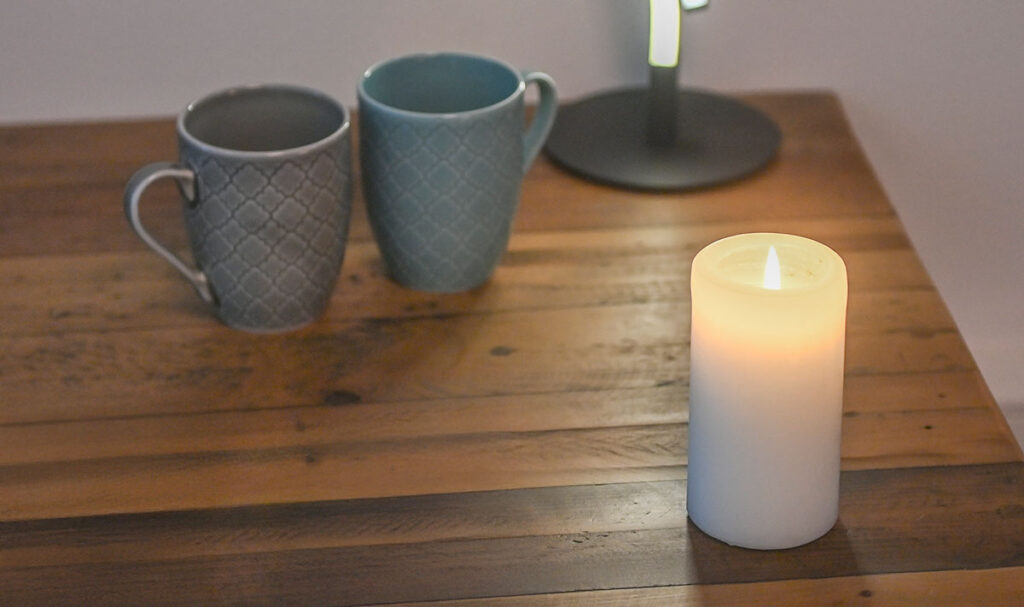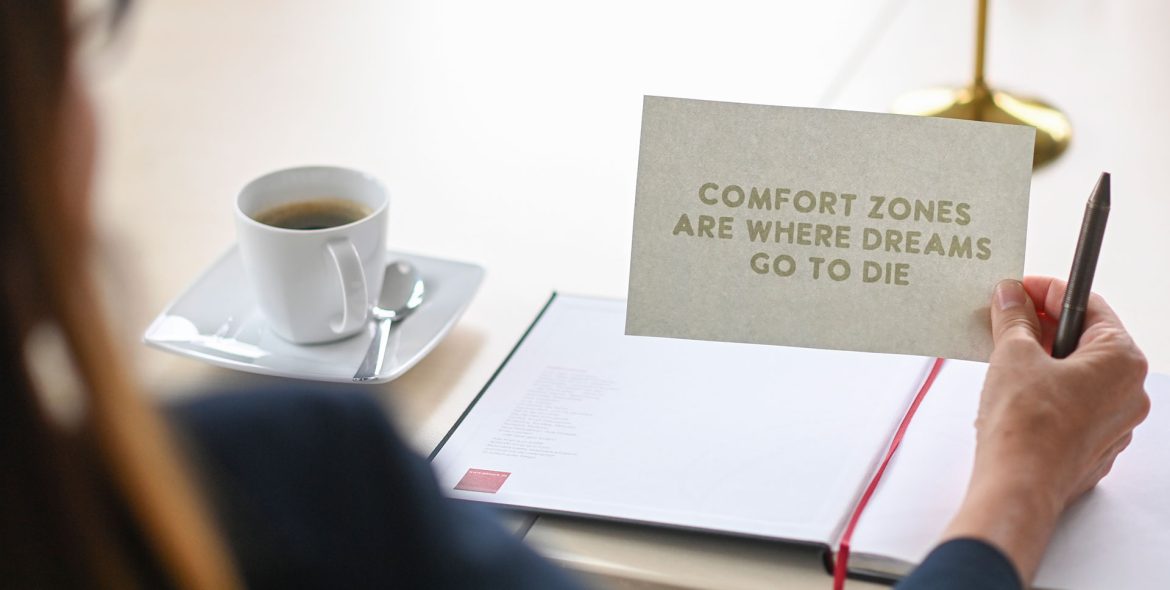What are decisions actually?
In a decision-making situation, you have to choose between several options that are not compatible at the same time. Many decisions are simple, we make thousands of them every day.
However, we also often find it difficult to make decisions. We speak of a decision problem when all options have something valuable for us and all of them come with a price if we don’t choose them.
I can’t make no decision.

Making no decision is also a decision – in favour of the status quo – and can make perfect sense under certain conditions
Why do I find some decisions so difficult?
Every decision relates to future developments that are fundamentally uncertain. This uncertainty contradicts our fundamental emotional need for certainty and therefore leads to stress for many people. If I knew that my decision would definitely result in what I wanted, it would be easier for me. Understandable, but not realisable! Fear of making the wrong decisions is something we were born with in terms of evolutionary biology, because we are herd animals and want to belong to the group, which ensured the survival of our ancestors and will ensure ours. In addition to social pressure from outside, social pressure from within also influences our decisions.
Gunther Schmidt holds a degree in economics specialises in psychosomatic medicine and psychotherapy and is the founder of hypnosystemic therapy. In his decades of work, he has discovered that one (decisive) aspect in particular prevents us from making decisions: the fear that our future self will heap self-reproach on us for the decision we made if the desired result does not materialise.

A good connection to our unconscious can help us make deci
How can I make decisions more easily?
One possible way that could be supported by hypnotherapy is to make an imaginative appointment with one’s future self. This is to make a deal to always be grateful for the courage of the present self to make a decision in the face of uncertainty. The present self has acted to the best of its knowledge and belief. And if the result is undesirable, it will be turned into a helpful learning process.
„There are no signposts at the crossroads of life.” “
Charlie Chaplin
What about honouring and appreciating our gut feeling – our intuition? It is based on unconscious information processing, in which the brain processes stored experiences, patterns and perceptions faster than our conscious thinking.
Neurogastroenterologists assume that the brain and stomach communicate with each other via the nerve connections of the gut-brain axis, resulting in the perceptions known as gut feelings.
Who hasn’t experienced this? Feelings such as anxiety, stress or even a feeling of discomfort manifest themselves through stomach pain or other functional problems. Conversely, we feel a sense of well-being or happiness and get “butterflies in our stomach”. If you allow yourself to get involved, your gut feeling will guide you in the direction to which your innermost being says “yes”.
And that’s where the coin comes in!
Of course, I don’t want to encourage you to make life decisions by tossing a coin, but we have often forgotten how to recognise our gut feeling and incorporate it into our decisions.
Just try the following exercise as part of a decision-making process with two options – the moment the coin is in the air, most people intuitively know exactly which outcome they wish for!
- Choose a quiet, undistracted situation for your coin toss.
- Formulate the two options in question in a maximum of 5 words each.
- With your eyes closed, visualise one option on the heads side of the coin and the other option on the tails side of the coin.
- Open your eyes & toss!
Has your gut feeling revealed to you a desired side of the coin? If the coin doesn’t suit you, there are many other exercises to tune into yourself. For example, in some decision-making situations, I visualise with my eyes closed the expected result when I do something and when I don’t do it. It’s almost frightening how vehemently my gut feeling makes itself heard.
For many people, regaining access to their own intuition is an unfamiliar process. Our everyday lives are dominated by – supposedly – rational and conscious weighing up of pros and cons, lists, analyses and target achievement rates. All of this has a raison d’être and influences our decisions.
However, exploring how much more there is to us than deliberately controlled, planned action can be an exciting and enriching step out of our own comfort zone – not just when it comes to making decisions.
Vera F. Birkenbihl contrasts the total amount of the conscious and unconscious perceptual possibilities of the human neurophysiological apparatus with the bottleneck of our conscious perception. She uses the metaphor of a distance.
How long do you think our conscious distance is compared to our unconscious distance?
The conscious came to 15 millimetres, the unconscious to 11 kilometres. I have decided to just let this sink in.


